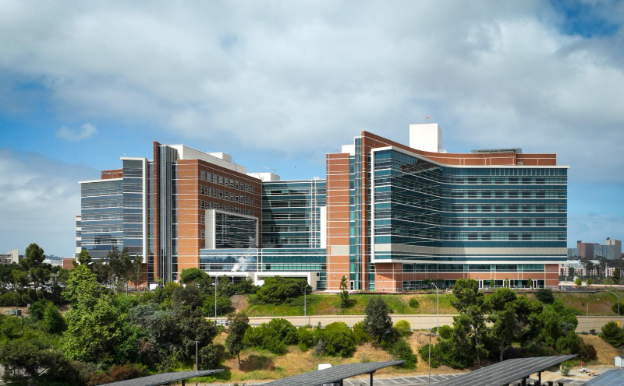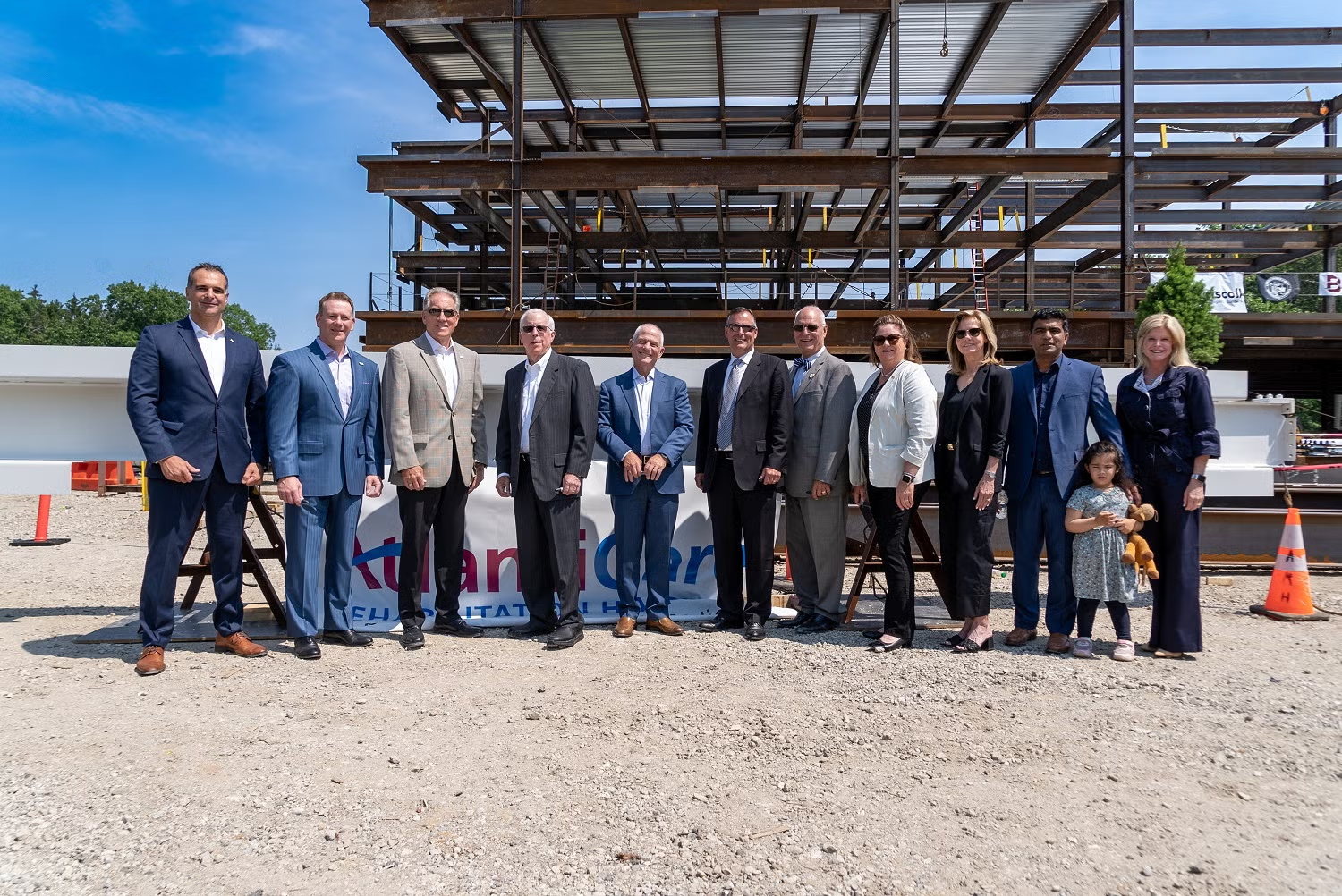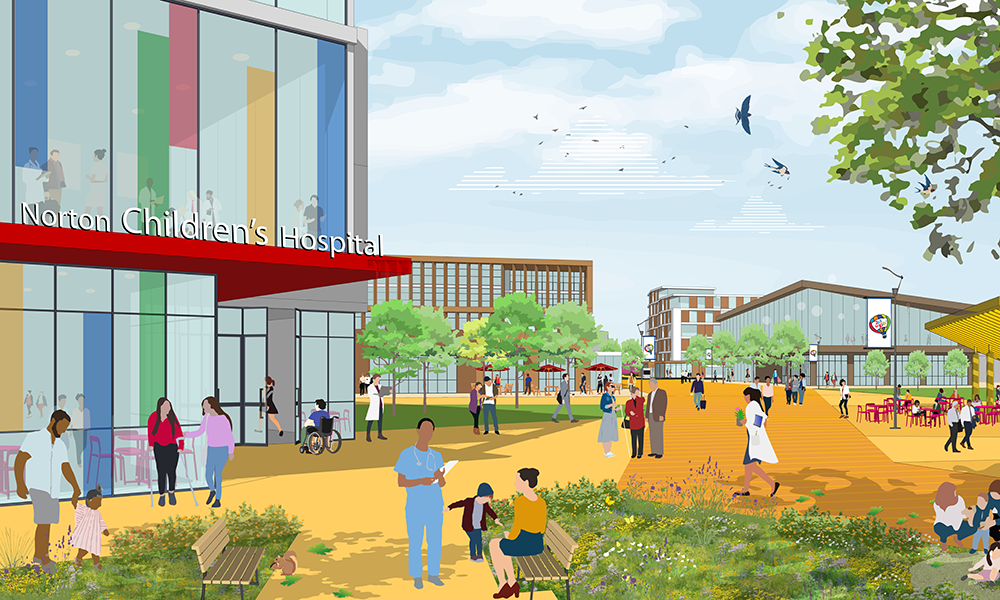By Eric Althoff
KYABIRWA, Uganda—Kliment Halsband Architects, based in New York, has been honored with a Fast Company “World Changing Ideas” Honorable Mention in the category of “Spaces, Places, and Cities” for its Mount Sinai Ambulatory Surgical Facility, located in Uganda.
Fast Company, a publication that focuses on technological and design innovation, gives out the World Changing Ideas for what it terms “buildings, landscapes, urban designs, and policies that make cities and living in them cleaner, more efficient, more beautiful, and more equitable for their citizens.” The awards are meant to recognize projects that promote the good of society as a whole.
The 8,000-square-foot Mount Sinai Ambulatory Surgical Facility was constructed by Nile Precision Surveys of Jinja, Uganda, from designs by Kliment Halsband. Work on the building was completed in 2019, with subcontractors on the project including structural engineer Silman, landscape designer Ugandan Tropical Landscapes and mechanical engineering by Keltron Development Services.
Information on Kliment Halsband’s website said that the Mount Sinai Ambulatory Surgical Facility was designed such that it took inspiration “from the stands of banana plants found on the site in Kyabirwa,” which is a village in rural Uganda that sits near the Equator. Solar panels at the site are shaped like the banana leaves to reflect the natural shape of the local flora.
The healthcare facility entails a reception pavilion, a waiting area for patients’ families, a medical pavilion for pre-op and post-op activities, as well as a sterile pavilion with two operating rooms.
A recent press release from Kliment Halsband said that the Mount Sinai Ambulatory Surgical Facility provides access to “surgical treatments not available to this community before, as well as training for nurses and surgeons on quality surgical care.” Furthemore, medical staff in the remote area also have internet connectivity to confer with clinicians at Mount Sinai Hospital in New York.
Furthermore, Kliment Halsband’s representatives said they took advantage of an opportunity to
“provide a safe space for surgical procedures but [also to] strengthen the community’s socioeconomic network.” Ergo, the architect hired local businesses for the construction work, and they applied a local method of utilizing clay bricks that were clad in “kiln-fired tiles manufactured locally in Jinja.”
The site for the healthcare facility did not previously have potable water or reliable electricity, so the design plans also necessitated sanitary upgrades. Additionally, 20 miles of underground cabling allowing for fiber optic internet connectivity were added.





